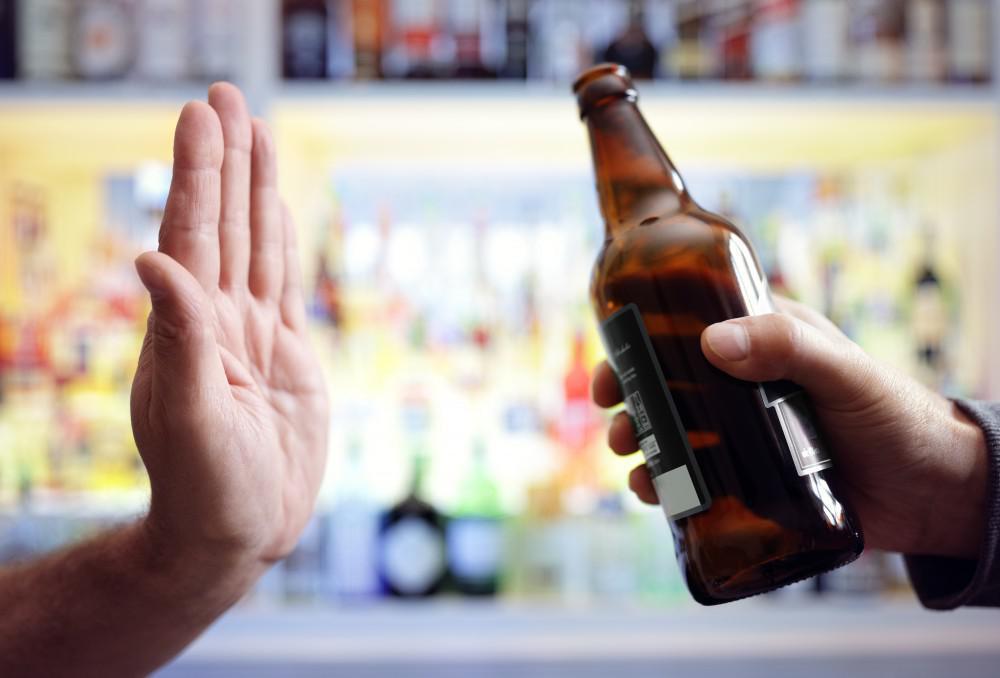
5 Tips for Staying Sober
You’ve done the work to become clean and sober, and you want to do what you can to stay that way. Here are five great tips that will help you safeguard your freedom from a substance use disorder.

Recovery doesn’t happen in a vacuum. Whether you’re the one in treatment or you love someone who is, family involvement can be a powerful part of the healing process. But it also takes care, boundaries, and guidance to do it right.
In outpatient treatment, you don’t just work on yourself—you learn how to rebuild relationships that may have been strained, broken, or lost along the way. This post will explain how families can be part of recovery in a healthy, supportive, and sustainable way.
Addiction impacts more than one person—it affects the entire family system. That’s why involving loved ones in outpatient care can lead to:
But it’s not just about offering support—it’s about learning how to heal together.
Depending on the program and the situation, outpatient family support may include:
These sessions teach loved ones about:
Education helps remove shame and replaces it with understanding.
A licensed therapist can guide honest, productive conversations between family members to:
Families often struggle with how to talk about addiction and recovery. Outpatient programs teach:
Sometimes loved ones need their own space to heal. Many programs offer:
Just like your loved one is learning how to live without substances, you may be learning how to reconnect, trust, and set healthy limits again. That’s normal—and outpatient care can help guide that process in a safe and supported environment.
Whether your relationship feels fractured or just fragile, it can heal. You don’t have to have the answers or do it alone. Outpatient programs are here not just for the person in treatment—but for the people who love them too.
Want to know more about how your family can be involved in outpatient treatment? Let’s talk. Recovery is better together.

You’ve done the work to become clean and sober, and you want to do what you can to stay that way. Here are five great tips that will help you safeguard your freedom from a substance use disorder.

The connection between a substance use disorder and a mental health issue is a strong one, as the nearly eight million Americans who have a co-morbidity prove. When this occurs, treating both issues is paramount.

Addiction is a chronic disease that requires constant vigilance and good management. When a person falls short, relapse can occur. If you’re worried that a loved one has relapsed, here are some signs to look out for.

You believe that you’re drinking isn’t normal anymore, and you’re tired of the overwhelmingly negative effects that alcohol is having on your life. The good news is that alcoholism is highly treatable.

The rise in availability of telehealth services has been great news for those who need (or would prefer) to receive quality health care from the comfort of their own homes. These services also extend to substance use disorders.

Marijuana may be legal, but like with alcohol, how you use this legal substance makes a difference. If you develop a use disorder, marijuana can be quite harmful and affect a number of areas of your life.